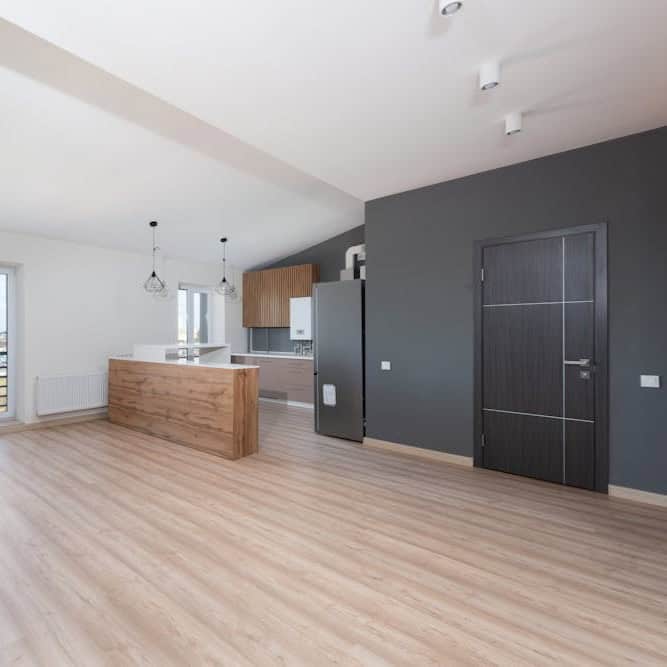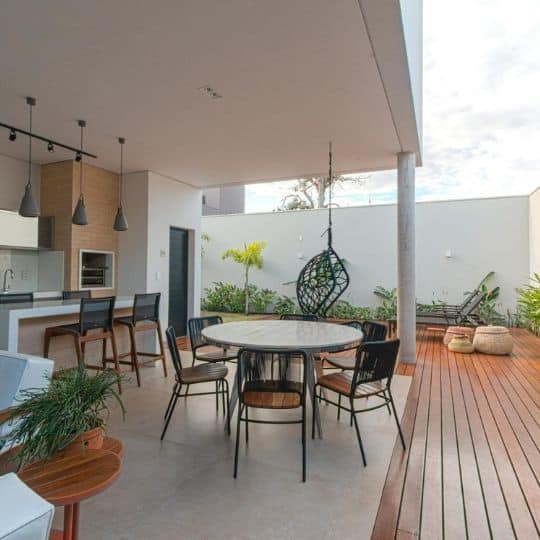Insulation and HVAC: A Guide to Home Energy Efficiency
Table of Contents
Improving the insulation and HVAC (Heating, Ventilation, and Air Conditioning) system can have a profound impact on your home’s energy efficiency, comfort, and overall value so important part of a home renovations. We will explore the benefits of insulation and HVAC home renovation, how to go about it, and why it’s a smart investment for any homeowner.
The Importance of Insulation
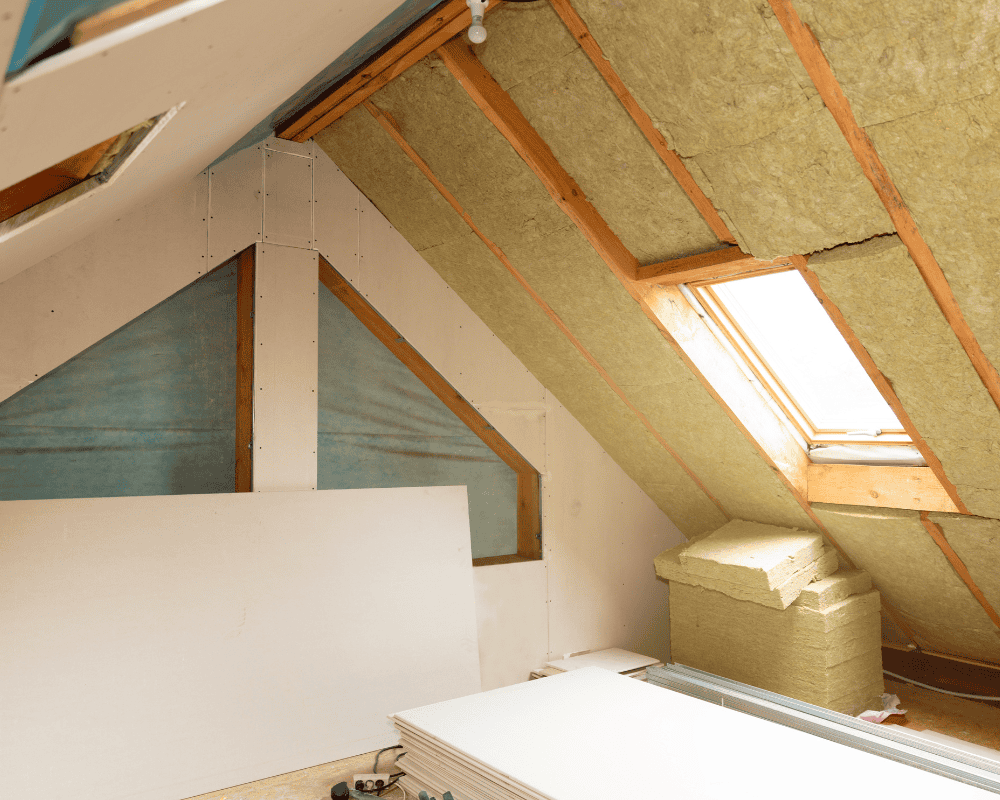
Energy Efficiency
Upgrading insulation should be at the top of the list as It reduces heat transfer between inside and outside spaces. This means less reliance on heating and cooling systems, leading to significant energy savings.
Insulation goes beyond keeping us warm in winter and cool in summer. It also plays a key role in reducing environmental impact by curbing carbon emissions. Proper insulation can decrease a home’s total greenhouse gas emissions by up to 50%. By making this simple upgrade during renovations or new construction projects, homeowners can make a tangible contribution toward climate change mitigation.
Comfort
Insulation acts as a barrier between your home and the external environment. Proper insulation helps maintain a consistent indoor temperature, reducing the workload on your HVAC system. This, in turn, leads to lower energy bills and a smaller carbon footprint.
A well-insulated home is more comfortable year-round. It keeps your home warmer in the winter and cooler in the summer by preventing drafts and temperature fluctuations.
Soundproofing
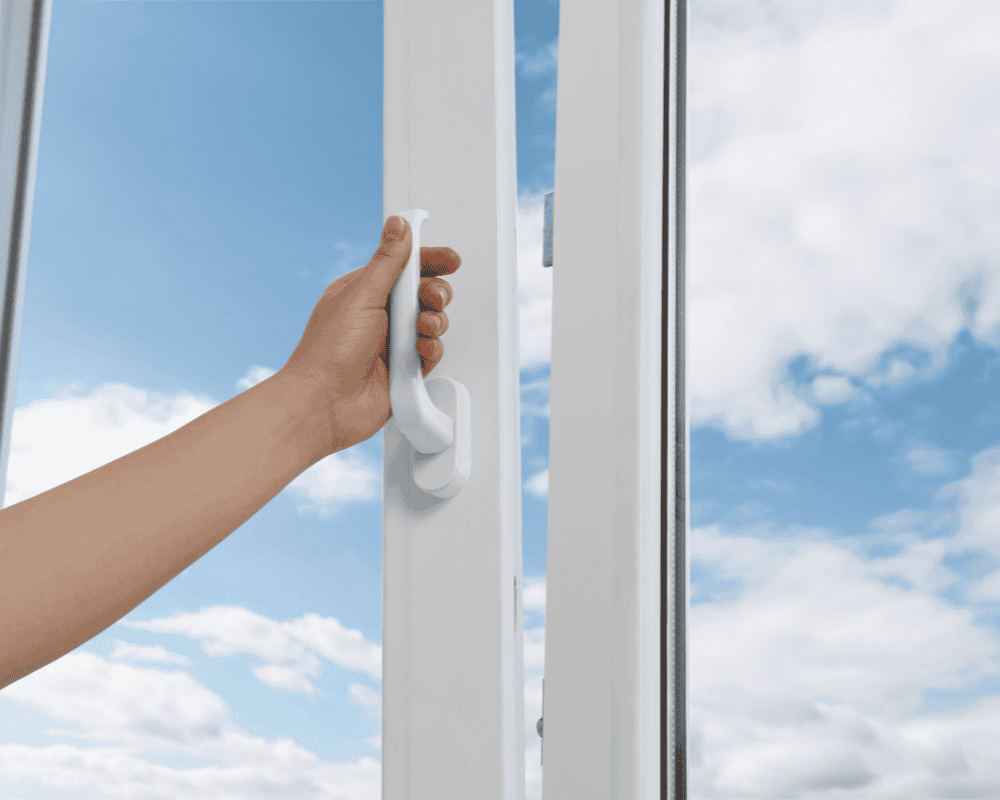
Insulation provides soundproofing benefits, reducing noise from outside and between rooms inside your home. This is especially important for maintaining a peaceful and quiet living environment. By insulating walls and ceilings not only helps regulate temperature, but it also plays a crucial role in blocking out unwanted noise.
One fresh perspective on soundproofing is the use of double-glazing windows. While they are commonly known for their energy-saving benefits, double-glazed windows also contribute to reducing external noise by creating an extra barrier against sound transmission. By installing these types of windows, homeowners can experience a significant reduction in street noise without sacrificing natural light.
Another innovative solution for minimizing noise pollution is the use of acoustic panels or tiles. Traditionally associated with recording studios and performance spaces, these panels have increasingly made their way into homes seeking quieter living environments. Acoustic panels are designed to absorb sound waves and prevent echo by controlling reverberation within a room. In addition to improving acoustics, they can also enhance the visual appeal of living spaces with various colors and patterns available on the market today.
Moisture Control
Insulation techniques of various kinds, such as crawl space encapsulation in Clive, IA (as well as elsewhere more relevant) can help control moisture and condensation issues, preventing mold and mildew growth, which can be harmful to your health and your home’s structure.
One key reason why insulation plays an important role in moisture control is because it helps regulate temperature and prevent condensation. When warm air inside your home comes into contact with cold surfaces, such as windows or walls lacking proper insulation, condensation can occur. This buildup of moisture creates the perfect breeding ground for mold and mildew, which can lead to health problems and costly repairs down the line.
By having good insulation throughout your home it can help reduce humidity levels by blocking outside air from infiltrating indoor spaces. High humidity not only makes us feel uncomfortable but can also lead to structural damage over time. By properly insulating your home, you can maintain a healthier living environment for you and your family.
Types of Insulation
Several types of insulation are available, each with its own advantages:
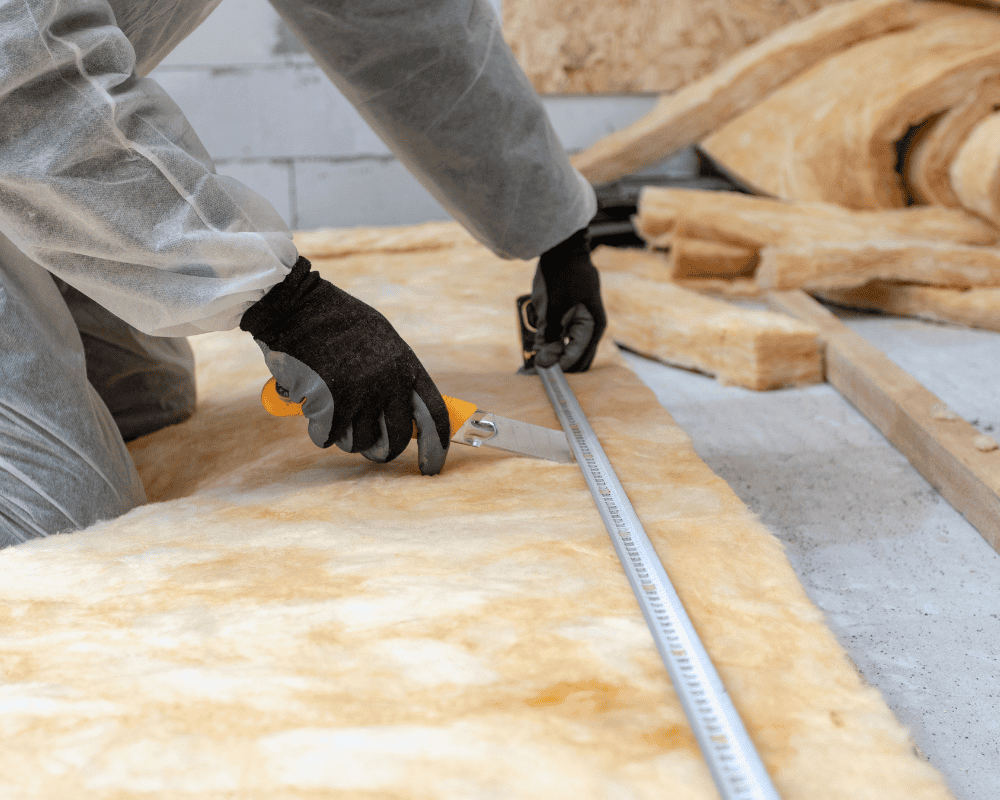
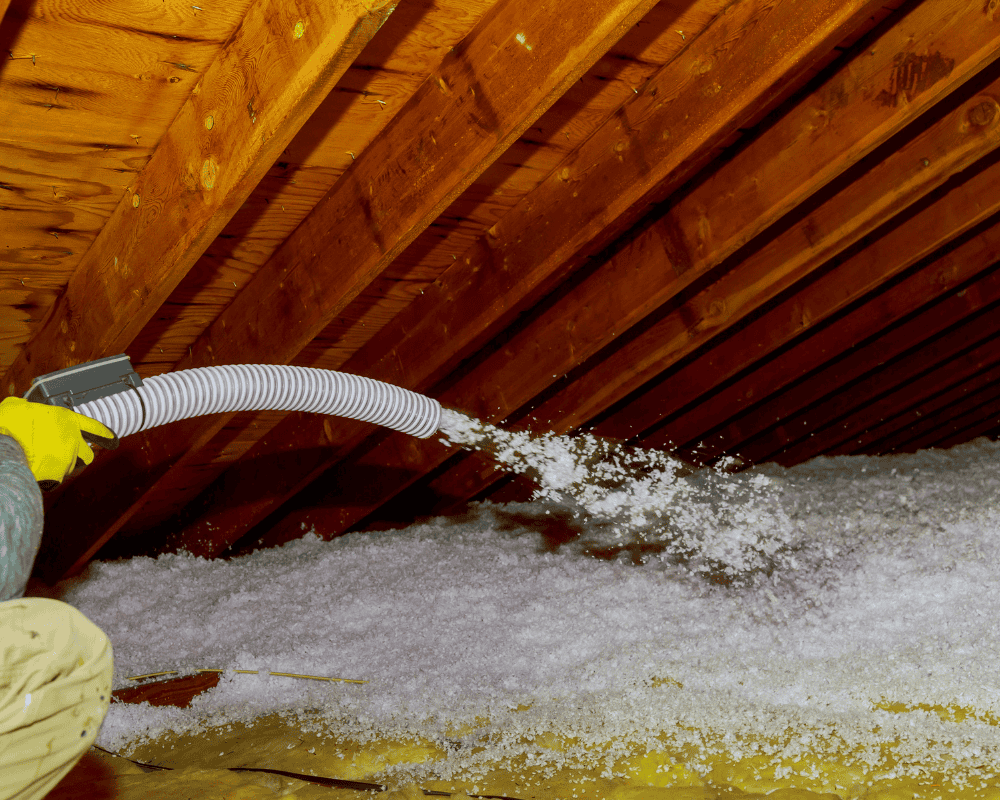
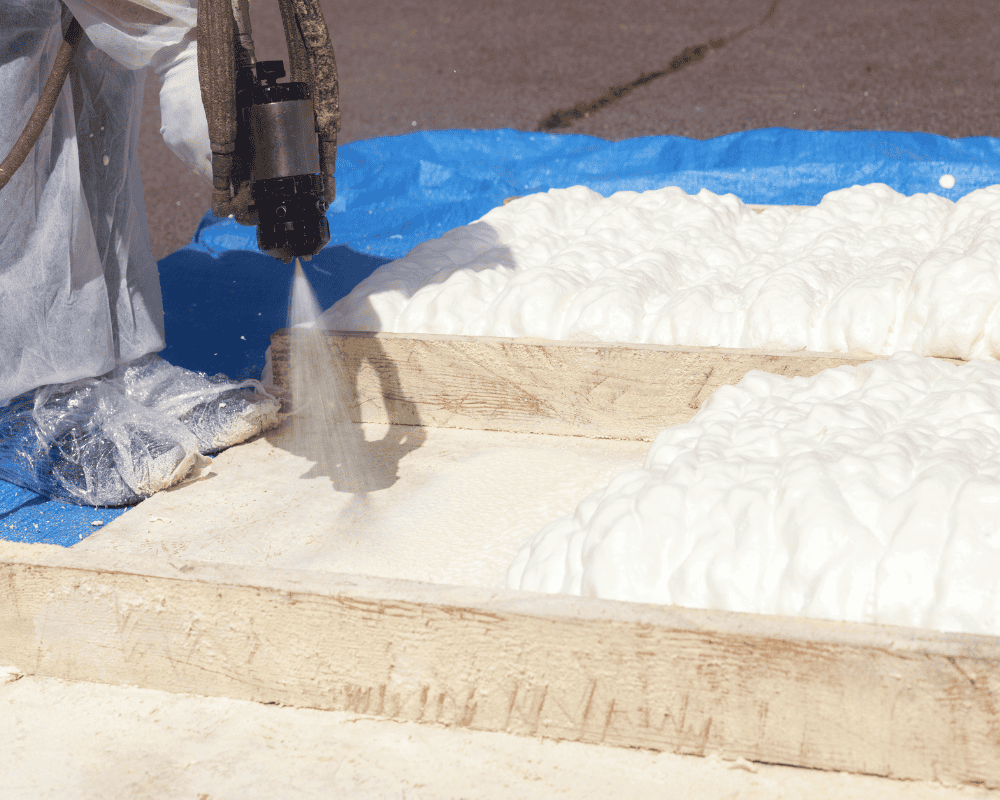
Fiberglass Insulation
Fiberglass insulation is one of the most common types and is known for its cost-effectiveness and versatility. Made from plastic fibers intertwined with glass threads, this material provides excellent thermal resistance and soundproofing capabilities. Apart from its traditional use in walls and attics, fiberglass insulation can also serve other purposes?
If you’re planning on building a home theater, family music room or recording studio in your basement, fiberglass insulation can be an invaluable tool for creating an acoustically isolated space. The material’s density helps to absorb sound waves and prevent them from entering or leaving the room, resulting in crisp audio quality and reduced noise pollution.
Fiberglass insulation resists mold growth, making it an ideal option for those worried about moisture-related issues.
Cellulose Insulation
Cellulose insulation, derived from recycled paper and treated with fire-retardant chemicals, is becoming an increasingly popular choice for homeowners seeking to improve their home’s energy efficiency. Unlike traditional fiberglass insulation, cellulose can be blown into walls, attics, and other hard-to-reach places, creating a seamless barrier against unwanted heat transfer. There are two types of cellulose insulation? Loose-fill cellulose is the most common type and is perfect for retrofitting existing structures due to its ability to conform to irregular shapes and spaces. Alternatively, dense-pack cellulose provides a higher R-value per inch and is suitable for new construction projects.
One of the biggest advantages of cellulose insulation compared to other types is its exceptional sound-dampening qualities. Due to its dense nature and ability to fill every nook and cranny, it effectively reduces airborne noise transmission within the home. This makes it perfect for those who live in busy urban areas or have noisy neighbors nearby. Being made from recycled materials means that cellulose insulation boasts impressive eco-friendly credentials. By opting for this type of insulation during your next home renovation project, you’re not only reducing your carbon footprint but also minimizing waste by repurposing old newspapers into an effective insulating material.
Finally, when it comes to fire safety considerations in your home renovation project, cellulose insulation has got you covered. Treated with fire-retardant chemicals during production, this type of insulation delays ignition upon exposure
Spray Foam Insulation
When it comes to choosing insulation for your home renovation project, spray foam insulation is definitely worth considering. Unlike traditional insulations like fiberglass or cellulose, which are typically installed in batts or loose-fill forms, spray foam insulation is applied as a liquid that expands and hardens into a solid foam. This unique application method allows the foam to reach every nook and cranny of the designated area, creating an airtight barrier that helps keep both warm and cool air trapped inside your home.
One of the main advantages of spray foam insulation is its superior ability to provide thermal resistance compared to other types of insulation. The closed-cell variant of spray foam has one of the highest R-values (a measure of thermal resistance) available on the market today, making it highly effective at reducing heat transfer in both hot and cold climates. Additionally, since this type of insulation adheres directly to surfaces without any gaps or seams, it eliminates drafts and can significantly reduce energy loss through air leakage.
Another benefit worth mentioning is that spray foam insulation also acts as an excellent sound barrier. The dense nature of the material effectively absorbs sound waves and reduces noise transmission between rooms or from external sources such as traffic or neighbors. This acoustic performance can greatly improve the overall comfort level within your home by providing a quieter living environment.
Rigid Foam Insulation
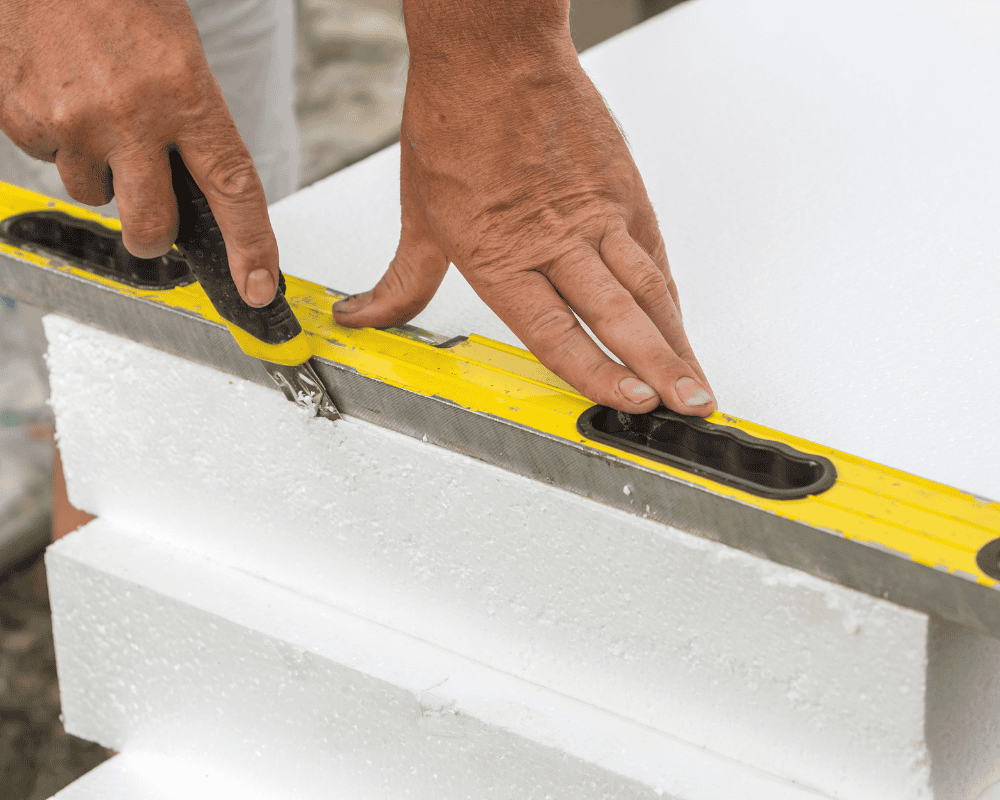
With its high thermal resistance and superior moisture resistance, rigid foam insulation provides a reliable barrier against heat loss and minimizes the risk of mold growth. Used for specific applications like insulating exterior walls or beneath slabs. There are however different types of rigid foam insulation? Expanded Polystyrene (EPS), Extruded Polystyrene (XPS), and Polyisocyanurate (Polyiso) are three common types, each with its own unique properties.
Expanded Polystyrene (EPS) – A versatile option that offers great thermal performance, excellent water resistance, and affordability. It is often used in both residential and commercial applications due to its lightweight nature and easy installation process.
Extruded Polystyrene (XPS) – A closed-cell structure that makes it highly resistant to moisture penetration. This type of rigid foam insulation is commonly used in below-grade applications such as basements or foundations where water intrusion may be more prevalent. \
Polyisocyanurate (Polyiso) – Exceptional insulation value compared to EPS or XPS foams. It also boasts good fire performance characteristics, making it suitable for use in areas where fire safety is a concern.
When considering which type of rigid foam insulation to use for your home renovation project, it’s essential to carefully assess your specific needs and requirements. While all three types offer energy efficiency benefits over traditional fiberglass or cellulose.
Upgrading Your HVAC System
- Your HVAC system plays a crucial role in maintaining indoor comfort. If your system is outdated or inefficient, it’s time for an upgrade:
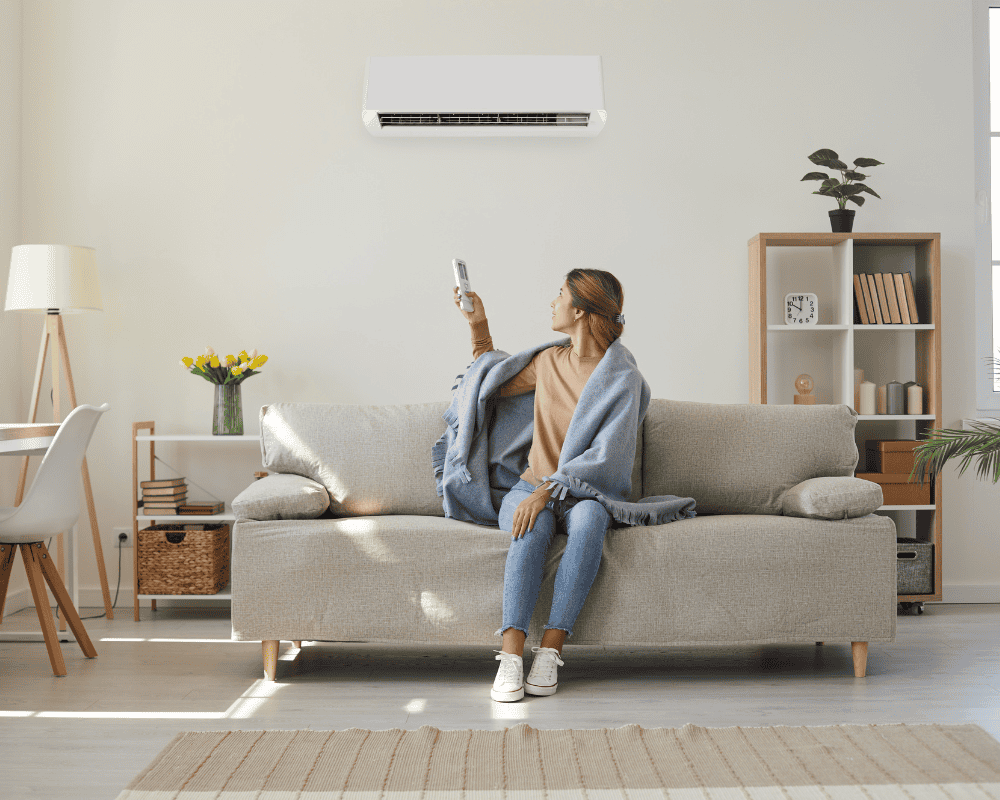
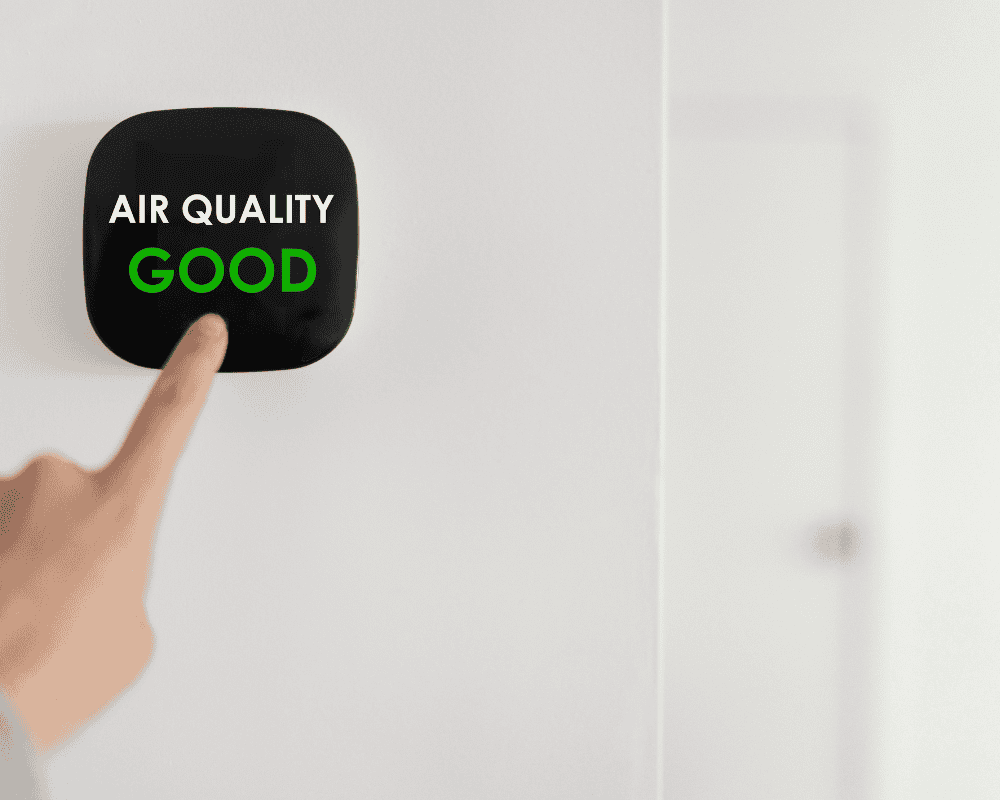

Energy Efficiency
Modern HVAC systems – (heating, ventilation, and air conditioning) are significantly more beneficial for an energy-efficient home than older models which can lead to substantial cost savings over time.
One of the key benefits of upgrading your HVAC system is improved indoor air quality. Older systems are prone to dust accumulation and may struggle with properly filtering outdoor pollutants. Newer models provide better airflow control and have advanced filtration capabilities, ensuring cleaner and healthier indoor air for you and your family in the comfort of your home. .
The new updated systems offer innovative features such as smart thermostats that allow you to regulate temperature settings remotely via mobile apps. This level of control enables homeowners to optimize less energy usage by adjusting temperature settings based on occupancy patterns or weather conditions. By taking advantage of these technological advancements during a home renovation project, you can create a comfortable living environment while minimizing energy use at the same time.
Improved Air Quality
One of the key benefits of upgrading your HVAC system is improved indoor air quality. Older systems in older homes are prone to dust accumulation and may struggle with properly filtering outdoor pollutants. A newer efficient hvac unit provides better airflow control and have advanced filtration capabilities, ensuring cleaner and healthier indoor air for you and your family by removing allergens and pollutants.
Smart Technology
Smart technology has revolutionized the way we control our HVAC systems, making home renovations more efficient and cost-effective. With smart thermostats, homeowners now have the ability to remotely monitor and adjust their heating and cooling settings from anywhere in the world. Not only does this provide convenience, but it also allows for energy savings by turning off or adjusting temperatures when no one is at home. Some smart thermostats are equipped with machine learning capabilities, meaning they can learn from your behaviors and automatically adjust settings to maximize comfortable indoor temperatures while minimizing energy usage.
Smart technology truly has transformed the way we interact with our homes and appliances. By incorporating these innovative devices into our lives, we not only make our homes more convenient but also contribute towards a greener future with reduced energy consumption.
Environmental Impact

Advancements in technology have now made it possible to choose more eco-friendly options for HVAC systems, such as energy-efficient units and smart thermostats. By opting for these environmentally conscious alternatives during home renovations, we can reduce carbon emissions and minimize our overall ecological footprint.
By considering the environmental impact of our choices when renovating our homes, we can contribute to a healthier planet while enjoying the benefits of updated living spaces. From eco-friendly HVAC systems to utilizing renewable materials and designing for energy efficiency, there are numerous ways to decrease our carbon footprint.. Ultimately, these choices not only save us money in the long run but also ensure a greener future for generations to come. So let’s prioritize sustainability when embarking on renovation.
Hiring Professionals


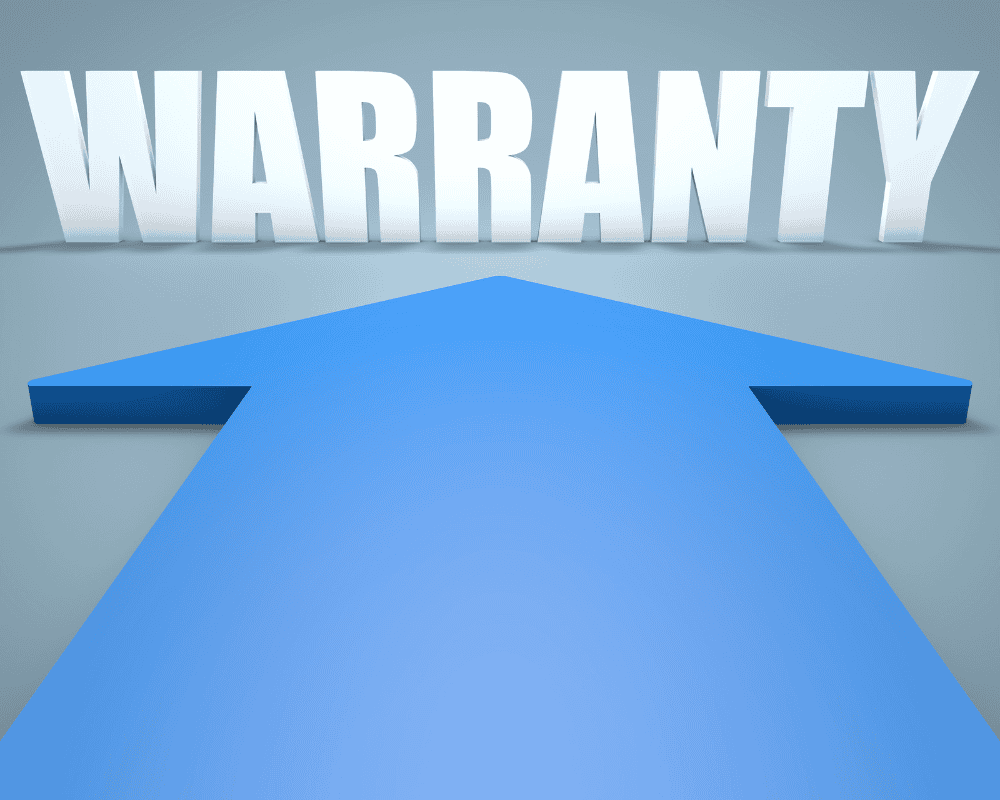
Both insulation and HVAC system upgrades are best left to professionals. Here’s why:
Safety
Insulation installation can be hazardous if not done correctly, and HVAC systems involve complex electrical and refrigerant components.
Insulation and HVAC system upgrades are vital for both residential and commercial buildings, not only for energy efficiency but also from a safety perspective. Proper insulation installation ensures that your building is protected from external elements such as extreme temperatures, moisture, and noise pollution. This not only enhances comfort but also reduces the risk of fire hazards.
When it comes to HVAC system upgrades, safety should be a top priority. Outdated or faulty ventilation systems can result in potential health risks due to poor indoor air quality or even carbon monoxide leaks. By investing in regular maintenance and upgrades you can ensure the safety of everyone within your building. Upgrading to newer models with advanced filters can help eliminate pollutants and allergens, providing cleaner air for occupants.
Code Compliance
Professional code compliance in relation to insulation and HVAC home renovation demands attention throughout every stage. From material selection through installation practices – while also requiring ongoing maintenance efforts. Achieving optimal energy efficiency while simultaneously meeting safety standards requires staying informed about evolving regulations in this field through continuous education and an understanding of best practices within the industry. Ultimately, prioritizing code compliance.
A professional Contractor is familiar with local building codes and regulations, ensuring your renovations are compliant. It is, therefore crucial to ensure that all materials used for insulation meet industry standards and comply with local building codes. From fiberglass batts to spray foam, each type of insulation has its own set of regulations that must be adhered to.
In recent years, there has been a growing awareness about the impact of poor ventilation on occupant health. As a result code compliance now emphasizes the importance of proper HVAC system design and installation to prevent issues such as mold growth or inadequate air circulation.
Regular inspections and maintenance play a vital role in ensuring ongoing code compliance for insulation and HVAC systems. While adherence at the initial construction or renovation stage is essential, it is equally important for homeowners or building managers to understand their responsibilities in properly maintaining these elements. By staying proactive and getting routine check-ups from qualified professionals, potential problems can be swiftly addressed before they lead to violation of codes or compromise the overall integrity of the system.
Warranty
One of the benefits of professional warranties for insulation is protection against product defects. Most reputable manufacturers offer warranties that cover any defects or damage in specific areas caused by faulty materials or installation errors. This means that if you experience any issues with your insulation products during the warranty period, the manufacturer will replace or repair them at no additional cost.
Professional warranties for insulation materials often include guarantees on performance and savings. These warranties ensure that your home’s energy efficiency is maintained at optimal levels and guarantee certain savings on your energy costs and utility bills. With these assurances in place, homeowners can rest easy knowing they are making a smart investment in their home’s long-term sustainability.
Conclusion
Investing in insulation and HVAC is a smart decision for homeowners looking to enhance energy efficiency, comfort, and overall quality of life. If you are considering a home renovation project, don’t underestimate the impact that proper insulation and a modern HVAC system can have on your home. It’s an investment that pays off in the long run.

